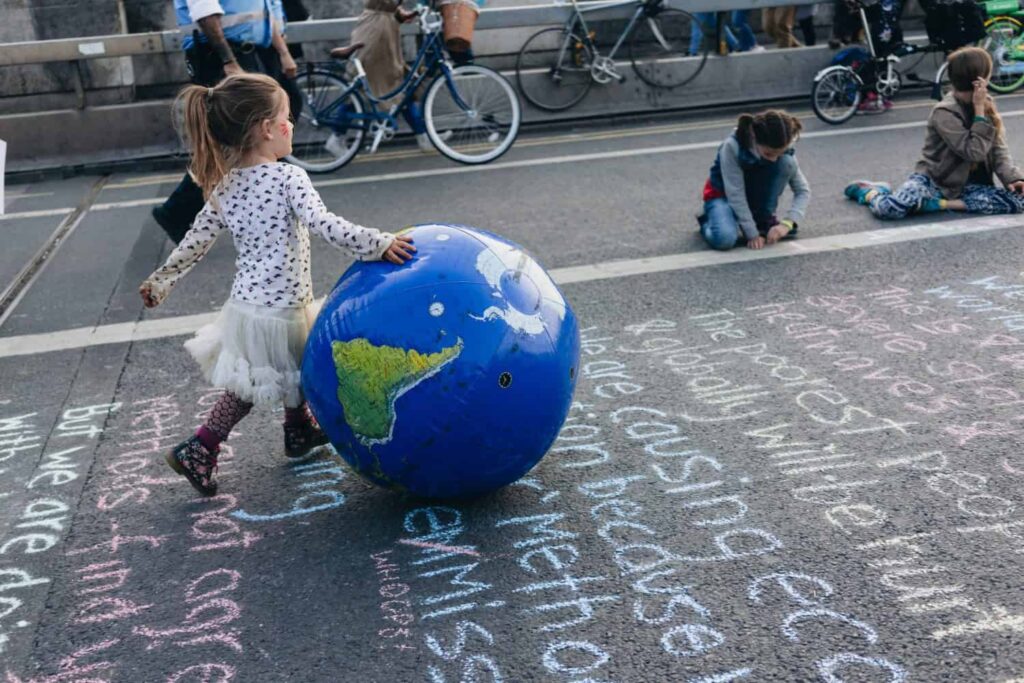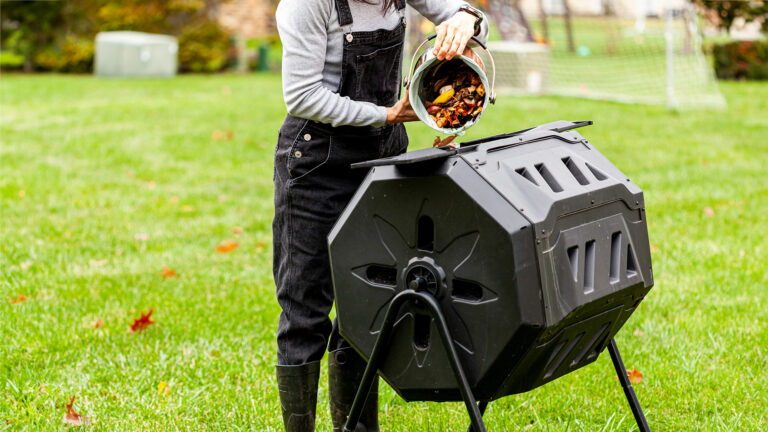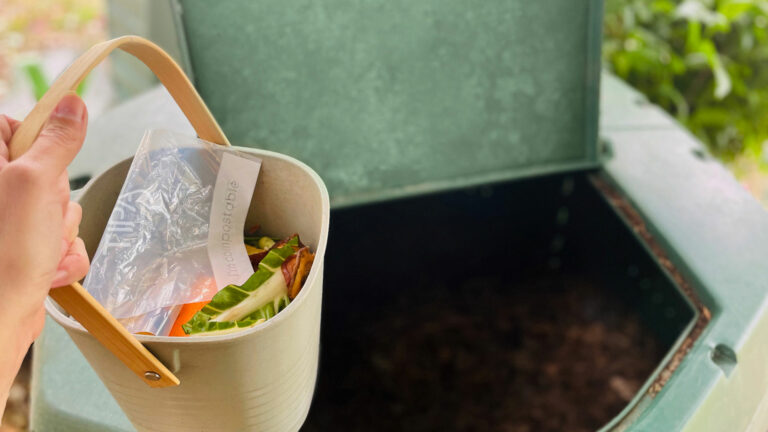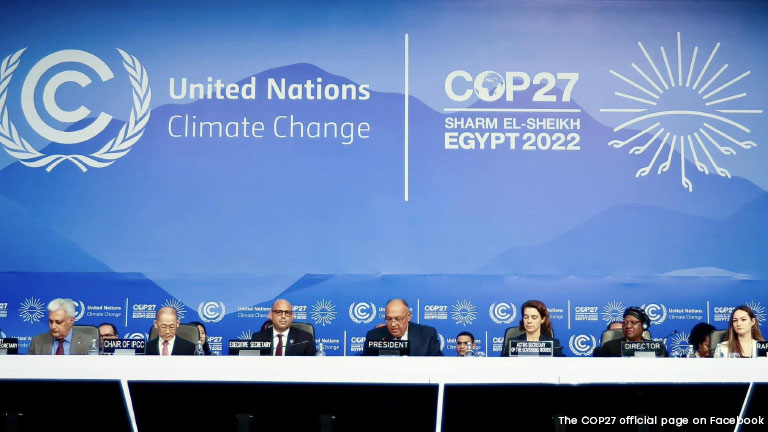Scroll down for the full podcast.
Daphna Nissenbaum, CEO and co-founder TIPA® biodegradable plastic packaging, Sian Sutherland, co-founder of A Plastic Planet, and David Newman, Managing Director of BBIA (Bio-based and biodegradable Industries Association) sat down for a video chat with John Higginson to talk about what leaders and activists can learn about taking care of the environment from world reactions to COVID-19.
COVID-19 crashed onto the world stage mid-December, and has since creeped quickly across the world at an infection rate never before experienced by this generation. The clarity with which everyone, from world leaders to the general public, has understood the immediate threat that COVID-19 poses to world health, is incomparable to any crisis the world has experienced in our memory—most notably, climate change. Government legislation has been swiftly enacted in order to protect the lives of millions of citizens across the world, and environmental activists Daphna Nissenbaum, David Newman, and Sian Sutherland are convinced that government intervention has the potential for impactful, necessary changes that will provide a healthy future for humankind.
“We have been wondering for years about how we can live in a better world.”
“We have been wondering for years about how we can live in a better world,” says Daphna Nissenbaum, CEO and co-founder of TIPA® Corp, a compostable packaging company that has created a certified fully compostable high-performance alternative to plastic packaging. “And what we’re seeing is, after two months, we live in a much better world. Like magic, the air is cleaner,” she says, referencing decreases in toxic nitrogen dioxide in many European cities due to COVID-19 lockdowns and reductions in air and motor traffic.
Articles describing reduced air pollution have been published up all over the news in the wake of global shutdowns. China, Paris, Madrid, and Rome saw huge reductions in NO2 levels and carbon emissions after country-wide shutdowns. The reduction in air pollution in India led to stunning images of the Himalayas seen from Punjab for the first time in thirty years, and neighboring wildlife has ventured out into cities like the UK’s Welsh town of Llandudno and the US’s San Francisco, taking advantage of empty streets. “It’s amazing to see what happened when we stopped for a moment,” remarks Nissenbaum. And while there is a clear distinction between air quality and a decrease in traffic and the overreaching effects of climate change, there is hope to be found in these statistics.
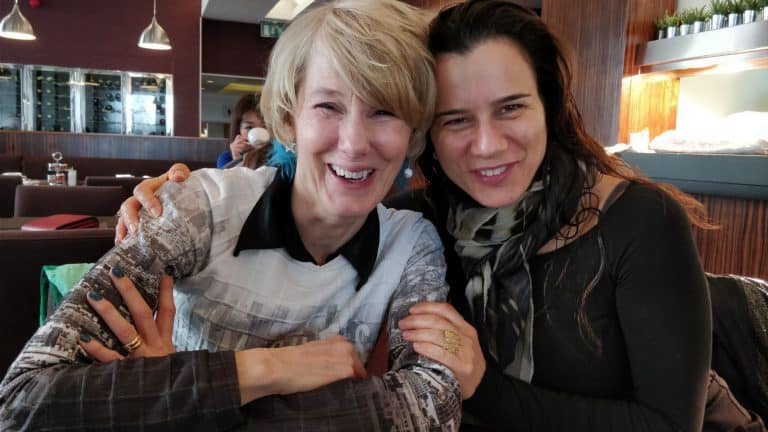
“I think we’re learning we’re much more resilient than we thought,” says Sian Sutherland, co-founder of A Plastic Planet, a social impact non-profit that introduced the plastic-free aisle to many UK retailers, giving consumers the opportunity to go plastic-free in their local supermarkets. “What was unimaginable for us to cope with…here we are, and we’re coping every day.” The idea that humans cannot accept or adapt to changes in lifestyle is simply not true, especially when it comes to our health. “The huge lesson for me,” says Sian linking climate change to global responses to the spread of coronavirus, “is to trust the science.”
Scientists have been measuring rising carbon levels in the atmosphere seriously since the 1970s, recently culminating in an ominous special report by the Intergovernmental Panel on Climate Change (IPCC) which projected horrifying prospects for humanity if our carbon trajectory continues at the current rate. This science has galvanized youth across the world to urge lawmakers and world leaders to reduce carbon emissions, plastic pollution, and chemical pollutants to maintain healthy ecosystems for many years to come. Greta Thunberg, who famously started the now-worldwide School Strike for Climate and social media campaign, #fridaysforfuture, is among the vocal environmental activists looking for action from legislature that responds to scientific findings, and not the GDP.
“Whenever you see any of the heads of state, globally, standing up, delivering messages to their nation, they are flanked by scientists every single time, deferring to the scientists. And yet, here we are with the environmental crisis and the scientists are being ignored.” About the swift response to the novel coronavirus, Sian says, “let’s take that approach and listen to the scientists for the climate crisis as well. At the moment, we’ve only ever listened to the economists, we need to learn.”
Managing Director of the BBIA and President of the World Biogas Association David Newman agrees, and insists that leadership—specifically strong leadership—is crucial.
“If we need 3 billion people to be in their homes every day, leadership and authority, and the credibility of leadership is absolutely vital,” says Newman, connecting global response to coronavirus to the government’s role in responsible environmental management, “and where we have seen the biggest messes happen, it is because we have had weak governments.”
“We see this even if we’re talking about our waste recycling on a municipal level. The mayor and the council are absolutely essential to getting citizens to participate,” says David. Across the world, governments and leaders are making decisions about how legislation protecting the environment will look like, and what—or more specifically, who—it will protect. France’s Circular Economy Bill prioritizes recycling plastics, despite The infrastructure for change is essential for citizens and consumers who want to make these changes, and world leaders can build, fund, and protect healthier systems for the world.
“For me,” says Nissenbaum, “what I can learn from it, is that if people could understand that they need to change their habits in order to live a better life, or save the world, or save their children, when they understand that—they just take action.”
If you want TIPA to help you build a more sustainable business with compostable packaging, contact us here to find out how we can help you!











